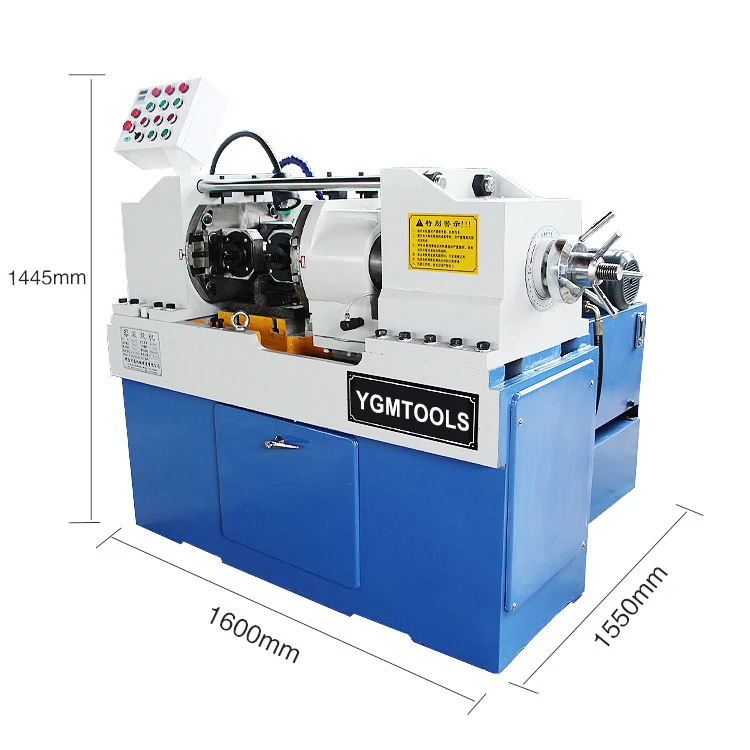
-
 Afrikaans
Afrikaans -
 Albanian
Albanian -
 Amharic
Amharic -
 Arabic
Arabic -
 Armenian
Armenian -
 Azerbaijani
Azerbaijani -
 Basque
Basque -
 Belarusian
Belarusian -
 Bengali
Bengali -
 Bosnian
Bosnian -
 Bulgarian
Bulgarian -
 Catalan
Catalan -
 Cebuano
Cebuano -
 Corsican
Corsican -
 Croatian
Croatian -
 Czech
Czech -
 Danish
Danish -
 Dutch
Dutch -
 English
English -
 Esperanto
Esperanto -
 Estonian
Estonian -
 Finnish
Finnish -
 French
French -
 Frisian
Frisian -
 Galician
Galician -
 Georgian
Georgian -
 German
German -
 Greek
Greek -
 Gujarati
Gujarati -
 Haitian Creole
Haitian Creole -
 hausa
hausa -
 hawaiian
hawaiian -
 Hebrew
Hebrew -
 Hindi
Hindi -
 Miao
Miao -
 Hungarian
Hungarian -
 Icelandic
Icelandic -
 igbo
igbo -
 Indonesian
Indonesian -
 irish
irish -
 Italian
Italian -
 Japanese
Japanese -
 Javanese
Javanese -
 Kannada
Kannada -
 kazakh
kazakh -
 Khmer
Khmer -
 Rwandese
Rwandese -
 Korean
Korean -
 Kurdish
Kurdish -
 Kyrgyz
Kyrgyz -
 Lao
Lao -
 Latin
Latin -
 Latvian
Latvian -
 Lithuanian
Lithuanian -
 Luxembourgish
Luxembourgish -
 Macedonian
Macedonian -
 Malgashi
Malgashi -
 Malay
Malay -
 Malayalam
Malayalam -
 Maltese
Maltese -
 Maori
Maori -
 Marathi
Marathi -
 Mongolian
Mongolian -
 Myanmar
Myanmar -
 Nepali
Nepali -
 Norwegian
Norwegian -
 Norwegian
Norwegian -
 Occitan
Occitan -
 Pashto
Pashto -
 Persian
Persian -
 Polish
Polish -
 Portuguese
Portuguese -
 Punjabi
Punjabi -
 Romanian
Romanian -
 Russian
Russian -
 Samoan
Samoan -
 Scottish Gaelic
Scottish Gaelic -
 Serbian
Serbian -
 Sesotho
Sesotho -
 Shona
Shona -
 Sindhi
Sindhi -
 Sinhala
Sinhala -
 Slovak
Slovak -
 Slovenian
Slovenian -
 Somali
Somali -
 Spanish
Spanish -
 Sundanese
Sundanese -
 Swahili
Swahili -
 Swedish
Swedish -
 Tagalog
Tagalog -
 Tajik
Tajik -
 Tamil
Tamil -
 Tatar
Tatar -
 Telugu
Telugu -
 Thai
Thai -
 Turkish
Turkish -
 Turkmen
Turkmen -
 Ukrainian
Ukrainian -
 Urdu
Urdu -
 Uighur
Uighur -
 Uzbek
Uzbek -
 Vietnamese
Vietnamese -
 Welsh
Welsh -
 Bantu
Bantu -
 Yiddish
Yiddish -
 Yoruba
Yoruba -
 Zulu
Zulu
types of thread rolling manufacturer
Types of Thread Rolling Manufacturers An Overview
Thread rolling is a specialized manufacturing process used to create threads on various materials, primarily metals, by deforming them under high pressure. Unlike traditional cutting methods, thread rolling enhances the mechanical properties of the material, making it stronger and improving its fatigue resistance. This article provides an overview of the different types of thread rolling manufacturers, the processes involved, and the applications of rolled threads.
Types of Thread Rolling Manufacturers
1. CNC Thread Rolling Manufacturers Computer Numerical Control (CNC) thread rolling manufacturers utilize advanced machinery that is controlled by computers to create precise and consistent threads. This method significantly reduces human error and increases production efficiency. CNC equipment can handle complex geometries and varying thread sizes, making them ideal for industries that require high precision, such as aerospace and automotive sectors.
2. Hydraulic Thread Rolling Manufacturers Hydraulic thread rolling uses hydraulic pressure to roll threads on workpieces. This type of manufacturer is particularly beneficial for larger components that require significant force to achieve the desired thread profile. Hydraulic machines are capable of producing robust threads that can withstand heavy loads, and they are often used in heavy machinery and construction industries.
3. Mechanical Thread Rolling Manufacturers Mechanical thread rolling manufacturers rely on mechanical systems such as gears and levers to create the necessary pressure for rolling threads. These machines are often simpler and more affordable than their hydraulic counterparts and are suitable for medium to large production runs. Mechanical thread rolling is commonly used for standard sizes and simple thread profiles.
4. Rotary Thread Rolling Manufacturers Rotary thread rolling is a method in which cylindrical workpieces are fed into a pair of rolling dies that rotate around them, creating threads as they pass through. This process is efficient and allows for high-speed production, making it ideal for manufacturers that specialize in large volumes. Rotary thread rolling is widely used in the production of fasteners, such as bolts and screws.
types of thread rolling manufacturer

5. Flat Die Thread Rolling Manufacturers Flat die thread rolling involves using flat dies to shape threads on a workpiece. This method is particularly useful for creating flat or square threads, which are often used in specific applications such as plumbing or electrical fittings. Flat die manufacturers are appreciated for their ability to create niche products tailored to specific industry needs.
6. Cross Rolling Manufacturers Cross rolling refers to a thread rolling technique where the rolling action occurs at an angle to the longitudinal axis of the workpiece. This method is excellent for producing threads with tighter tolerances and is often implemented in applications requiring high precision, such as in the medical and instrumentation fields. Cross rolling manufacturers specialize in producing threaded components that require a high degree of accuracy.
Applications of Rolled Threads
Rolled threads find applications across a myriad of industries due to their strength, durability, and ability to withstand harsh environments. Some common applications include
- Automotive Industry Threaded components such as bolts, screws, and pins are essential for vehicle assembly and maintenance. - Aerospace Industry High-strength threaded components are crucial for aircraft assembly, where safety and performance are paramount. - Construction Rolled threads are used in various construction materials, including rebar and structural components that require enhanced durability. - Mechanical Engineering From machinery to tools, many mechanical systems rely on high-quality threads produced through rolling processes. - Medical Devices In the medical field, precision is critical, making rolled threads ideal for surgical instruments and medical equipment.
Conclusion
In conclusion, thread rolling manufacturers play an essential role in producing high-quality threaded components used across multiple industries. With advancements in technology and varying manufacturing methods, including CNC, hydraulic, mechanical, and cross rolling, manufacturers can meet the specific demands of their customers. As industries continue to evolve and require more specialized threaded components, the importance of thread rolling manufacturers will only increase in the manufacturing landscape.
